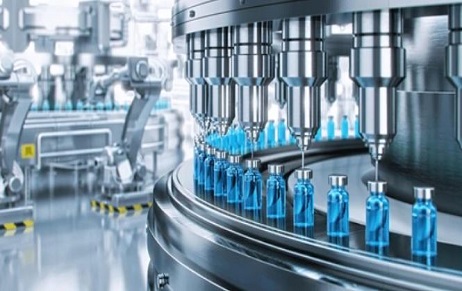A social media influencer is someone who creates content based on their niche in various…
Intellectual Property of Singapore: Patents legislative amendments
In continuation of IPOS’s efforts to strengthen the patent regime and make Singapore’s Intellectual Property one of the best in the world also supporting inventive individual and businesses [1], Patents (Amendments) Act, 2017 and Patents (Amendment no.2 ) shall come into force on October 30, 2017 [2].
IPOS’ Patents legislative amendments
In IPOS’ efforts of delivering a well-equipped and a well-suited legal framework as well as a policy framework to individual patent applicants and corporate business houses, the Patents (Amendment) Act 2017 and the Patents (Amendment No.2) Rules 2017 will enter into force on 30 Oct 2017 [2]. The October version of the revised examination guidelines for Patent Applications at IPOS will also get published on the same date on the online website of IPOS (https://www.ipos.gov.sg/). Below are the key highlights of these amendments as released in the Patents Circular No.7/2017 [3] on the IPOS website.
Broadening of Grace Period
As effective from 30th October 2017, under the broadened grace period all the applicants will now be able to apply for patent protection for their invention notwithstanding that their invention has been disclosed prior to the filing of the patent application. In instances where the inventors have publicly disclosed their inventions prior to filing a patent application for the same, the broadened grace period will act as a safety cover for the entity in obtaining the Singapore patent rights. However, an important thing to note for the applicants is that not all jurisdictions have a provision for a similarly broadened grace period, therefore, all the applicants are strongly encouraged to avoid or exercise prudence and caution before disclosing their inventions to third parties before applying for a patent.
Further as per the new provision, the applicants who require or ‘wish for’ their invention disclosure to be graced may inform the registrar when making:
- a request for search and examination;
- a request for examination;
- response to written opinion; and
- a request for a review of an examination report or of a search and examination report.
The above requests must be accompanied by written evidence in the form of a statutory declaration or affidavit that complies with the requirements of the new Rule 8 of the Patents Rules.
Changes to Supplementary Examination
As per the rules, the supplementary examination route will become unavailable for patent applications filed on or after Jan 1, 2020 [3] i.e.
– for Singapore national applications having a date of filing on or after Jan 1, 2020,
– for International applications entering the national phase having a date of filing on or after 1 Jan 2020, and
– for Divisional applications having an initiation date on or after Jan 1, 2020.
However, patent applications filed before 1 January 2020 will continue to use the supplementary examination route. This means that with the unavailability of the supplementary examination route, all patent applications filed on or after 1 January 2020 will undergo full examination by IPOS examiners. Given that, the entire process of examination is going to be carried out in Singapore, the quality and consistency of patents granted in Singapore are expected to improve. This will also align Singapore’s patent system with that of major jurisdictions, such as those of the US, Japan, and Europe, that perform a full examination of the patent applications that they receive. A period of 3 (three) years has been granted as a grace period for the community to adjust as the change shall be effective from 30th October 2017 but shall come into operation from January 2020
Further, as per the amendment, the scope of supplementary examination has expanded by allowing an examiner to raise an objection relating to the patentable subject matter to ensure consistency in the assessment of patentable subject matter across all the routes of examination.
Amendments to the Guidelines on Isolated Products from Nature
The Guidelines have been revised to clarify the distinction between inventions and discoveries as applicable to the issue of isolated products from nature. As per the new guidelines, a material or microorganism already existing in nature represents discovery and therefore an isolated or purified material or microorganism from nature is not an invention. However, if a new use of the isolated or purified material or microorganism is found, then the new use can be claimed. The revised Guidelines will take effect on 30 October 2017.
The overall objective of this amendment is to facilitate innovation by allowing others to develop applications relating to the discovery and to monetize or earn rewards for translational research and development.
Author: Shilpi Saxena, Jr. Patent Associate at Khurana & Khurana Advocates and IP Attorneys can be reached at [email protected].



